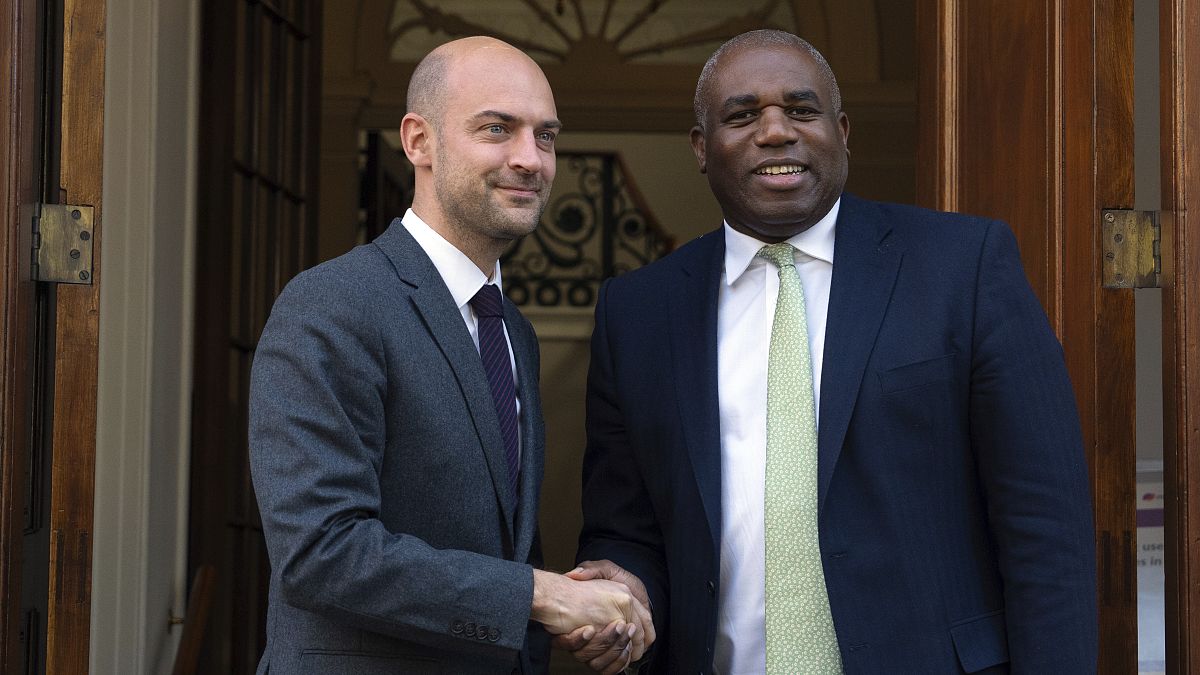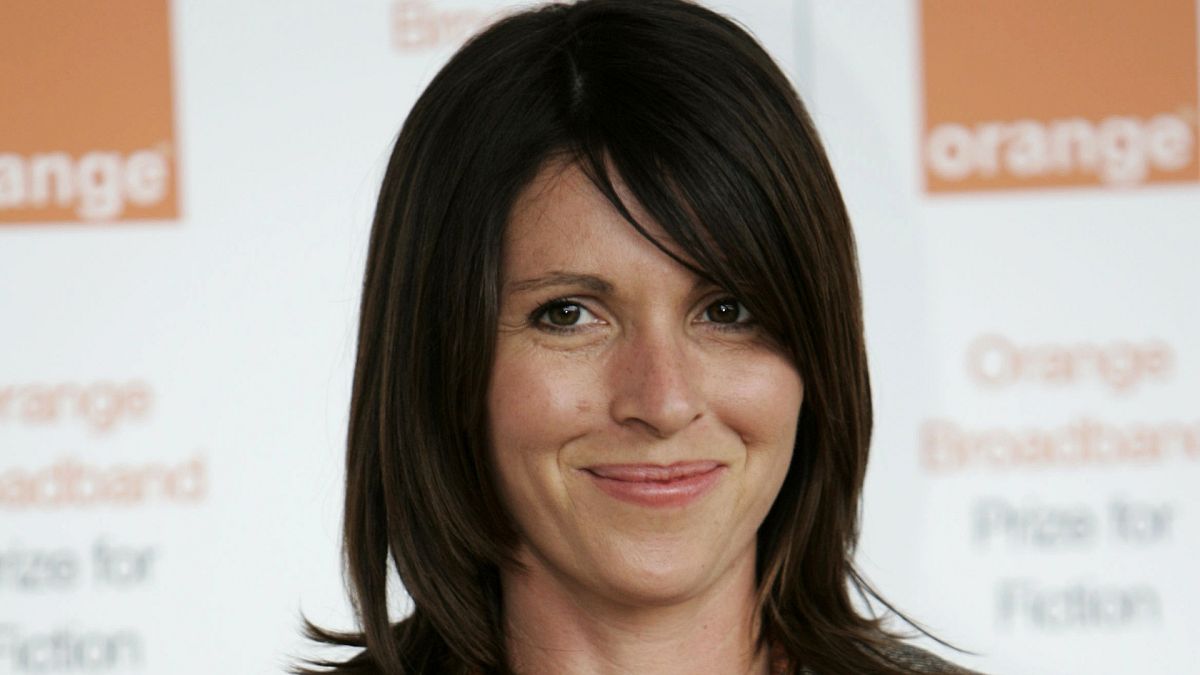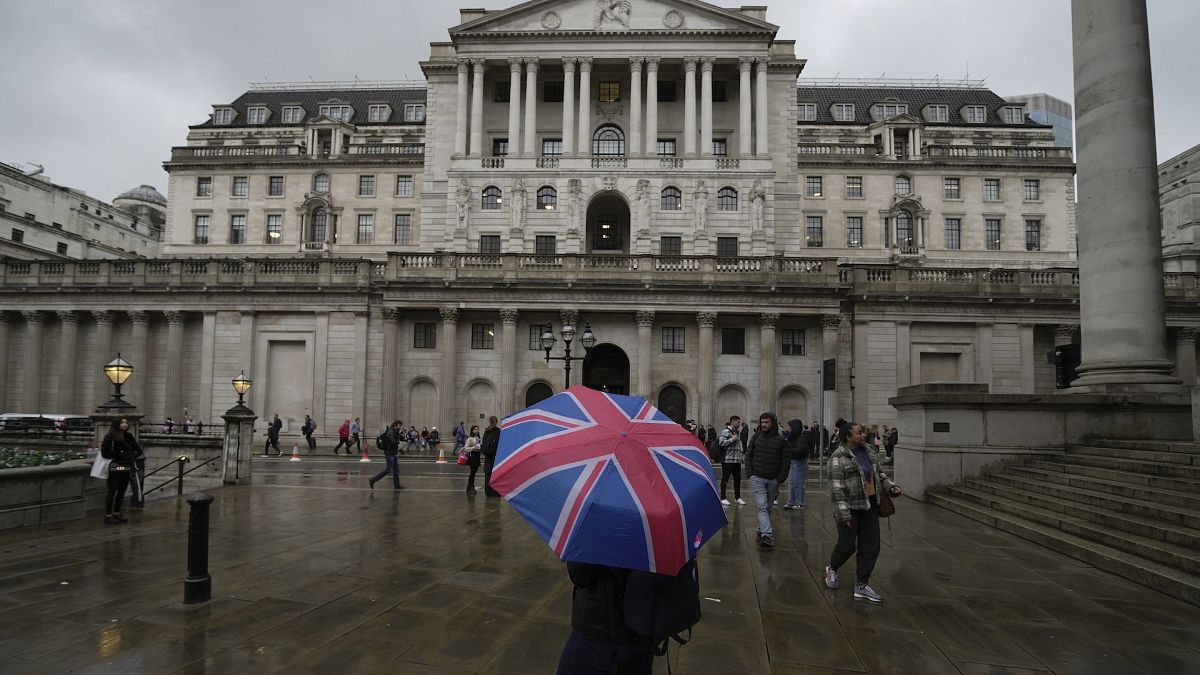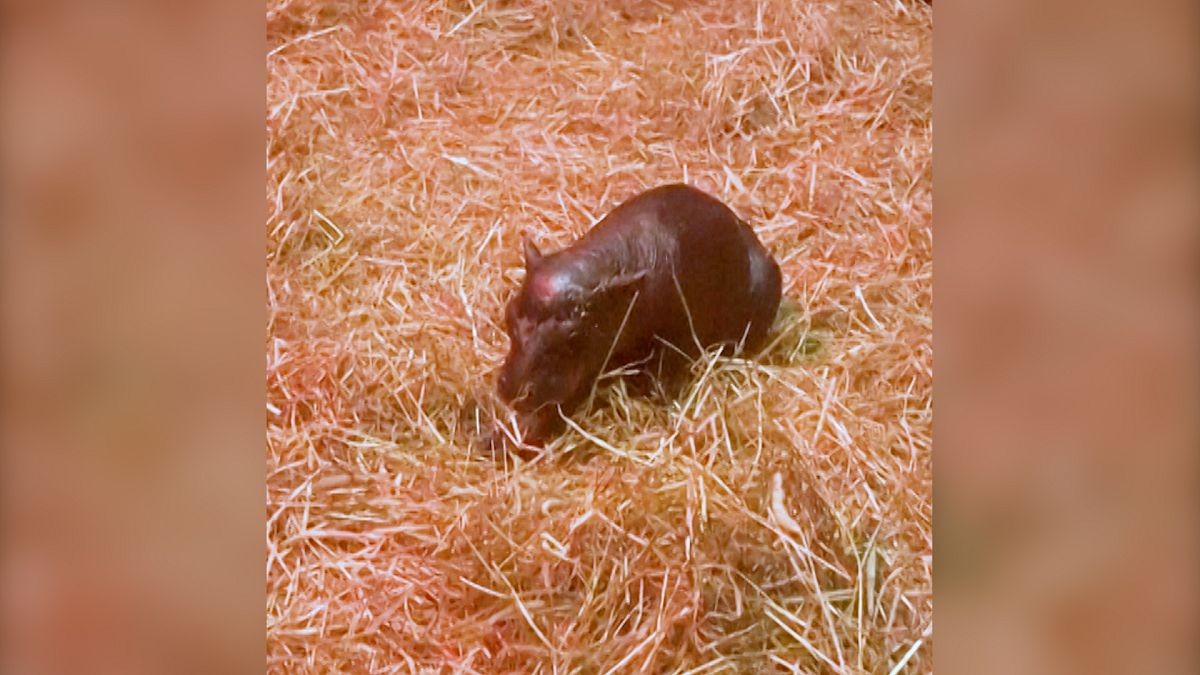How is climate change is putting coffee and its growers at risk?
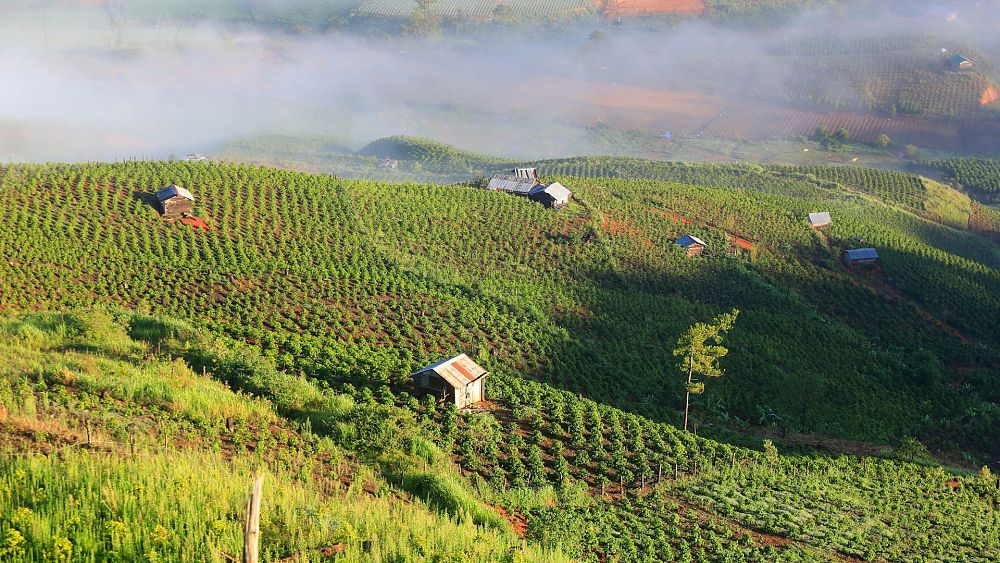
“If nothing is done, we should forget about coffee in a few years to come,” a Malawi-based coffee collective warns.
The world will have to curb its coffee addiction as global warming bites, a new report warns.
Even if rising global temperatures are limited to 1.5ºC, the land suitable for coffee growing will shrink by 54 per cent by the end of the century.
This will have devastating consequences for farmers who rely on coffee for their livelihoods in countries like Brazil, Ethiopia and Vietnam.
It will also affect the taste, availability and price of coffee – as well as associated businesses such as coffee shops in Europe.
“Small-scale coffee farmers are living on the frontline of the climate crisis, despite having contributed little to the problem of global warming,” says Patrick Watt, chief executive of Christian Aid, the international development agency behind the report.
The non-profit says it’s time for wealthy nations to support farmers in poorer nations affected by climate change.
How is coffee being affected by climate change?
Rising temperatures, erratic rainfall, disease, droughts and landslides are all putting farmland at risk.
“Our experience is that in a year where the early season rains have been poor or non-existent, coffee flowering has also been grossly poor,” says Mackson Ng’ambi, CEO of Mzuzu Coffee Cooperative in Malawi. “This is now a frequent recurrence.”
With extreme weather and natural disasters being more frequent, coffee growers and other farmers are becoming increasingly vulnerable.
This is especially true in developing countries, where farmers are often poorly compensated for their produce and the effects of climate change are felt more acutely.
“The impact of climate change on coffee production is in plain sight, including through high levels of coffee leaf rust,” says Yitna Tekaligne, Christian Aid’s Ethiopia country manager.
Christian Aid has calculated that these conditions will decrease the amount of land suitable for growing coffee by 54.5 per cent. It will happen even if the global temperature rise is kept within the Paris Agreement’s target of no more than 1.5 to 2ºC above pre-industrial levels.
Brazil and Vietnam provide more than half of the UK’s coffee. These two countries are seeing the biggest impacts. Vietnam reported record-high temperatures of over 44ºC earlier this month, with climate experts warning such extreme weather was likely to continue.
Coffee production itself is contributing to the crisis too. Growing a single kilogram of coffee can produce greenhouse gas emissions equivalent to 15.33 kg of carbon dioxide, according to researchers at University College London (UCL).
Changing how coffee is grown, transported and consumed could significantly reduce this footprint.
Will coffee become more expensive as temperatures rise?
Rising temperatures are likely to affect the price of coffee in the coming years.
Mackson argues that rising costs should already be passed on to consumers.
“The global coffee pricing should take into consideration that farmers are making more effort to maintain a field of coffee and hence increased cost of production,” he says.
“If this is not recognised and informs coffee prices, sadly most growers will abandon coffee farming.”
The UK alone drinks 98 million cups of coffee every day – enough to fill more than nine Olympic swimming pools, Christian Aid calculates.
And the coffee industry supports more than 210,000 UK jobs, according to 2017 figures from the British Coffee Association.
What can be done to support coffee farmers?
In its report, Christian Aid calls on the UK Government to boost climate finance and cancel “unjust” historic debts for developing nations.
“To tackle the root causes of the problem, the UK and other wealthy countries need to follow through on their promises and fund support for farmers in poorer countries to grow climate resilient crops and diversify their sources of income,” says Patrick.
“Cancelling the unsustainable debts held by many coffee-producing countries would also free up further resources to tackle climate change and poverty.”
A poll commissioned for the report shows almost 70 per cent of UK adults agree the government should do more to reduce the impact of the climate crisis on the country’s food supply chain.
“There is also a need for direct funding that would benefit the small-scale coffee growers, such as access to low-interest financing which is currently not available,” says Mackson.
“If nothing is done, we should forget about coffee in a few years to come.”
Source: Euro News


